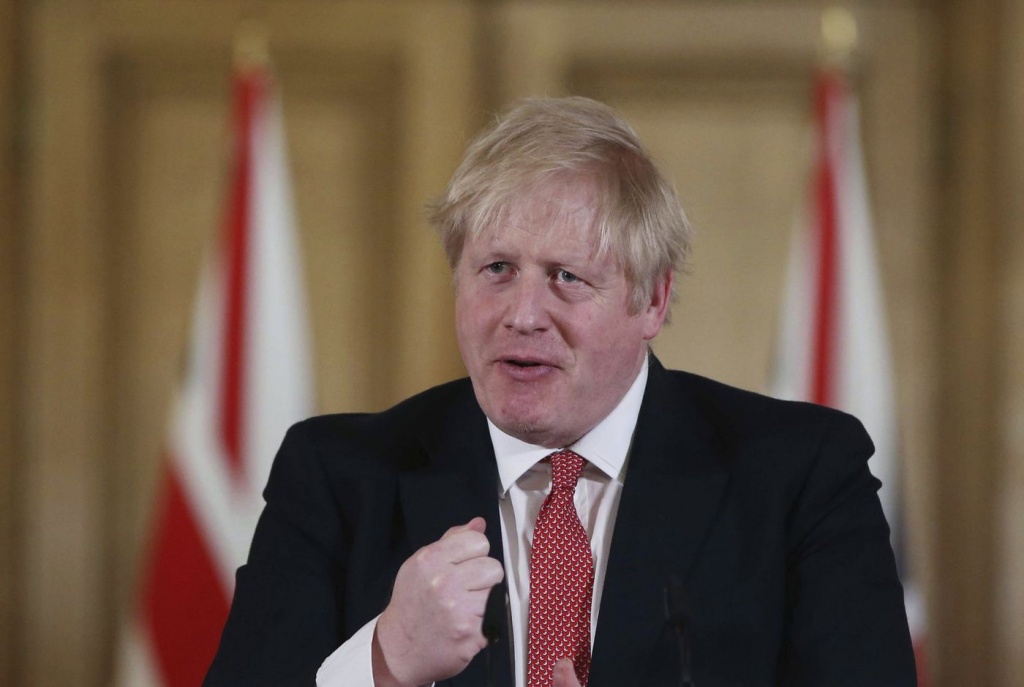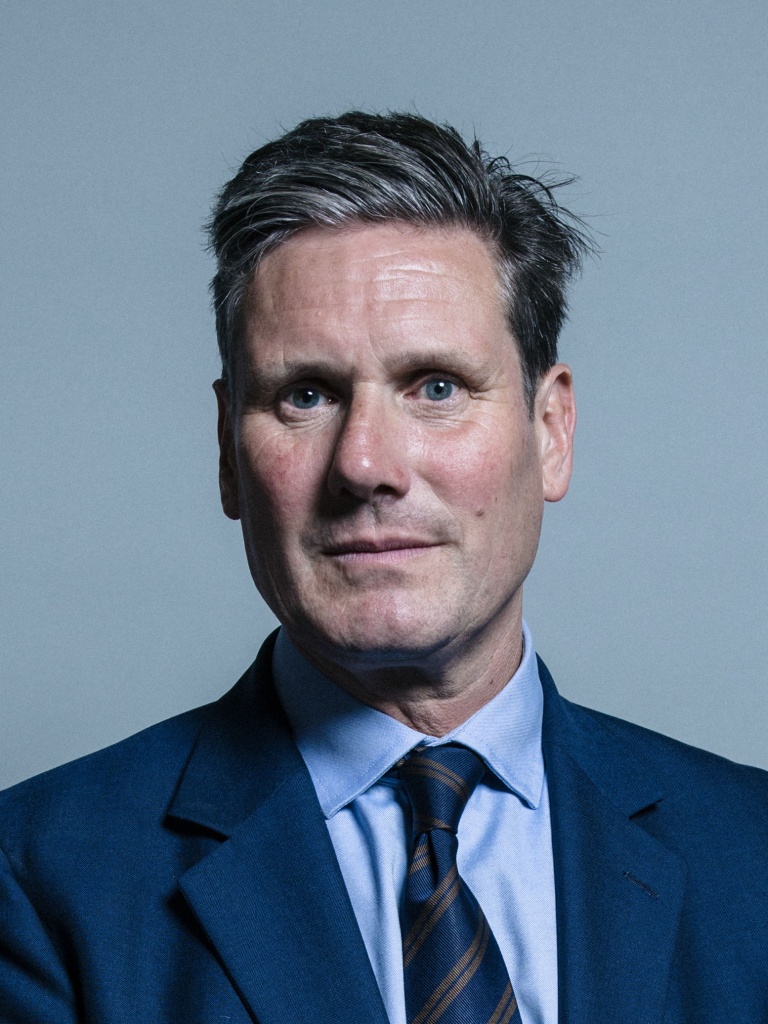



To mark the start of Black History Month, the Prime Minister Boris Johnson in a media release made available to African Voice said, “All this month, we are celebrating the lives of black public servants who helped make the UK what it is.
There are servicemen from the UK and Commonwealth who fought for and with Britain to defend democracy.
Heroes like George Arthur Roberts. In the First World War he would literally pick up German bombs with his bare hands and throw them back over enemy lines; 20 years later he became a fire fighter, pulling Londoners from the rubble of the Blitz.
There are women like Yvonne Conolly – who, in 1969, became the UK’s first black female head teacher.
Throughout her 40-year career she inspired and mentored not only her young charges but also generations of educators.
And of course there are the thousands of black nurses who came to the UK to staff the fledgling NHS – we see their legacy today in people like 2019 Nurse of the Year Tara Matare.
Sadly, many of these individuals have not been recognised for their incredible contribution to this country.
Far from receiving the respect and gratitude they deserved many black soldiers like George were actively shunned.
Yvonne received so many threats that she needed to take a bodyguard with her to school.
So this Black History Month let’s say thank you to figures from our past who we haven’t always thanked before.
And let’s also reflect on where we are today.
Whilst we have come a long way, and Britain is one of the most diverse and inclusive societies in the world, the events over the last few months have shown that there is still more work to be done. All too often we often forget that black history and British history are one and the same.
And if we forget that, then we are left with a partial understanding not only of our past but also of our present.
It makes it harder for young black people to root themselves and their experiences in our national life.
And it makes it harder for all of us to understand where our country came from, the challenges it faces today, and what we can do to overcome them.
And that’s among the reasons why I have established the Commission on Race and Ethnic Disparities to examine where inequality exists across our society and to set out a positive agenda for change.
Black history is our history – so let’s learn from it, and build a better future for us all”.
Meanwhile, Labour calls on Government to ‘celebrate the achievements of Black Britons’ in the school curriculum as Black History Month begins
On the first day of Black History Month, Labour has called on the Government to launch a review into the diversity of the school curriculum.
Labour leader Keir Starmer and Marsha De Cordova, Shadow Women and Equalities Secretary, highlighted the need to study, fully understand and celebrate Black British history, recognising the vital role schools play in tackling discrimination understanding history and celebrating diversity.
Starmer and De Cordova will visit a Black History Month exhibition at the Museum of London today, which focuses on the cultural and social impact Black communities have had in shaping Britain’s history.
Ahead of the visit, Starmer argued that a diverse curriculum should be “taught all year round” celebrating the “huge achievements” of Black Britons and the Black community and aiding young peoples’ understanding of the struggle for equality.
Formal recommendations to Government have been made by both the Stephen Lawrence Inquiry, calling for improved diversity in the school curriculum, and the Windrush ‘Lessons Learned’ Review, calling for better understanding of Black British history. Other organisations, including the Runnymede Trust, Teach First, the National Education Union and The Black Curriculum have also called for greater diversity in the curriculum.
A report by Teach First revealed this week that pupils in England could complete their GSCEs and leave secondary school without studying a single book by a non-white author. De Cordova warned today that there are “crucial moments in British history and culture missing from the curriculum.”
Keir Starmer, Leader of the Labour Party, said: “This month we celebrate the huge achievements of Black Britons and the Black community. But Black British history should be taught all year round, as part of a truly diverse school curriculum that includes and inspires all young people and aids a full understanding of the struggle for equality.
“While some schools are already doing this, the Government should ensure all students benefit from a diverse curriculum.
“Our nation’s diversity is one of its greatest strengths and we must celebrate that at every opportunity.”
Marsha de Cordova, Labour’s Shadow Secretary of State for Women & Equalities, said: “There are crucial moments in British history and culture missing from the curriculum.
“The Black Lives Matter movement shone a light on racism in the UK and around the world. One way for the Government to act would be to ensure that young people learn about Black British history, colonialism and understand Britain’s role in the transatlantic slave trade.
“Black history is British history. Our education system must do much more to include and inspire young people from all backgrounds.”
Kindly follow us on twitter:@AfricanVoice2










